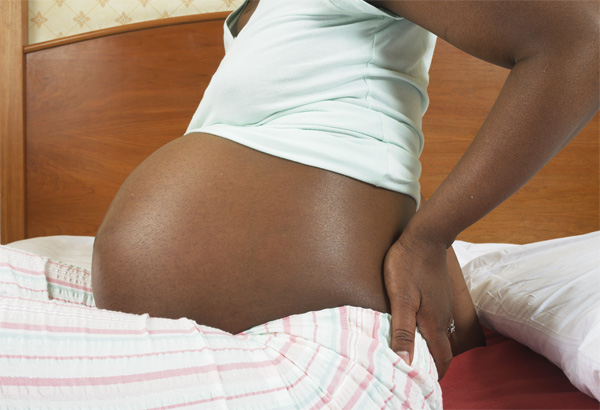Pregnancy is a unique experience, unique for different women and also unique for that woman with each child. There are however discomforts, referred to as ‘minor disorders’ that are most commonly reported by pregnant women. They can be related to either hormonal changes in pregnancy or the physical changes due to the growing uterus.
Here are a few tips you can use to help you cope and minimize the effects of the conditions you might be experiencing;
Nausea and Vomiting
This affects the majority of pregnancies. Their exact cause is unknown but they are thought to be as a result of hormonal changes and psychological adjustments to the pregnancy. The woman is encouraged to eat a dry biscuit or crackers with a drink before she gets out of bed in the mornings. Also, to avoid spicy, greasy foods and unpleasant odors. Eating small but frequent meals with small amounts of fluids between the meals help to maintain the body’s blood glucose levels and maintain hydration.
Nausea and vomiting usually improve by the second trimester, however sometimes, in a few women, they persist and a more serious condition known as Hyperemesis Gravidarum may develop. This requires urgent medical attention.
Constipation
This is a very uncomfortable condition which is very common in pregnancy due to the slow movement of food through the intestine or may be due to prescribing oral iron therapy. Measures used to avoid constipation are usually the same ones used to alleviate it. It is important that women have a diet rich in fiber and adequate fluid to keep stool soft and easy to pass. Women should not forsake the urge to pass stool as holding it may cause or worsen constipation.
If constipation persists then hemorrhoids may develop caused by straining at defecation. Hemorrhoids are painful and may bleed; therefore avoidance of this condition is the ultimate aim when treating constipation.
Backache
This is not restricted to any particular trimester but may be experienced on and off throughout the entire pregnancy and sometimes even after delivery. The main reason for back pain is that the growing uterus causes changes in the posture of the woman and another reason may be the influence of the hormone relaxin on the ligaments.
To alleviate this discomfort, the woman is encouraged to maintain a good posture and assume the appropriate position when lifting objects or small children. Avoid standing for long periods of time and wearing of a supporting maternity girdle can help. A backache can be minimized in women who have a healthy diet and do regular exercises such as swimming and walking.
Leg Cramp
This is a sudden gripping contraction of the calf muscle which frequently occurs in the third trimester and often times at night. It is thought to be as a result of low calcium levels in the blood and an increase in the level of phosphate (Davis 1996)
To reduce the risk of this condition, the woman is encouraged to do some leg-stretching exercises before going to bed and also dietary adjustments in her intake of milk, soft drinks and processed foods. Flexing foot in the opposite direction when the cramping is on might also help.
Breast Changes
Often times one of the first signs of pregnancy is changes in the breasts. They become tender and fuller due to the increase in oestrogen level. The breasts get bigger because the increase in the hormonal level leads to storage of fat in the breast in preparation for breastfeeding. The nipples and areola also become darker.
The woman is advised to wear well-fitting brassieres that are at least two sizes larger than usual in order to give adequate support to breasts as they are heavier and more tender now.
Fatigue
This is a feeling of extreme tiredness. It may occur during the first trimester, third trimester and even after delivery.
In the first trimester, the woman may have an overwhelming feeling of sleepiness that is due to hormonal changes in the body and also to the growth and development of fetal organs.
In the third trimester, fatigue may be as a result of the woman now having increased weight, making mobility more difficult and tiring, also metabolic demands of the body increases in preparation for labor and breastfeeding.
After delivery, the woman may complain of fatigue due to the stress of labor or the physical demands of caring for a new baby. In this case, spousal and family help and support is of utmost necessity and importance to alleviate the mother’s workload.
Read This Next: Q&A: I’m in my seventh month of Pregnancy, what should I have packed?
Photo Credit: ©iStock.com/lostinbids

